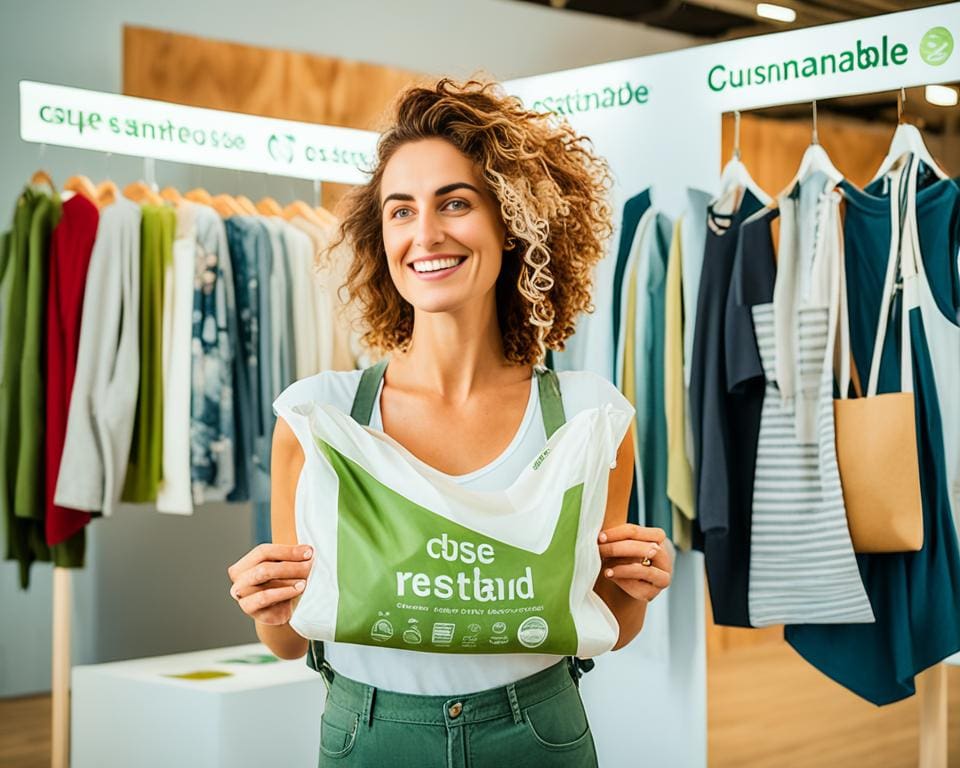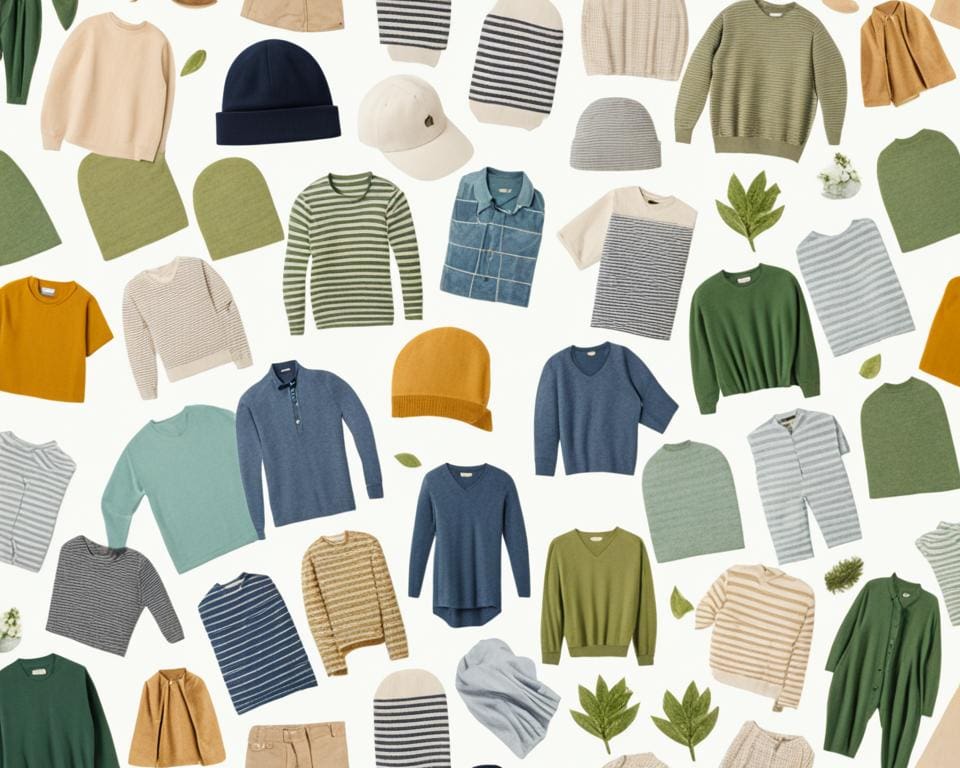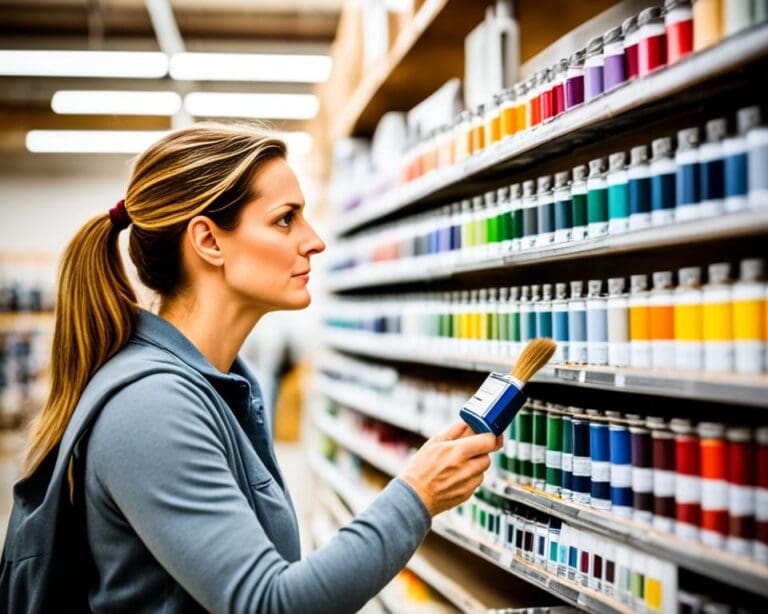The fashion industry is facing problems because of fast fashion. Now, sustainable fashion is becoming very important. When you shop ethically, you help make the planet healthier. It also pushes the industry to care more about the environment.
Making smart choices is what shopping sustainably is all about. You could buy second-hand or choose ethical brands. With lots of slow fashion brands online, finding eco-friendly options is easier. You help build a better future for fashion this way, where it cares for people and the planet.
Understanding Sustainable Fashion and Its Importance
Sustainable fashion is all about caring for our planet and everyone on it. It includes using safe materials, fair work conditions, and clear supply chains. With more people realizing how fashion affects our world, the push for sustainability is growing strong.
What Is Sustainable Fashion?
Sustainable fashion works to cut down the industry’s harm to our planet. It focuses on honest supply chains, fair work, and reusing materials. More and more brands are embracing this change. They aim to offer clothes and accessories that are kind and responsible.
Environmental Impact of Fast Fashion
Fast fashion is causing big problems. It’s behind almost 10% of the world’s carbon emissions, hurting our climate. This approach leads to too much waste and pollution. So, there’s a big need for brands to use better materials like organic cotton.
The Role of Conscious Consumerism
Being a mindful shopper means thinking about the impact of what you buy. Choosing ethical products can make a big difference. When we support ethical brands, we help shape a better fashion world.

Essential Ethical Shopping Tips
Choosing to shop ethically changes how we buy fashion. With smart strategies, we can make purchases that support sustainability and help communities. Here are key tips for ethical shopping.
Shopping Secondhand First
Buying secondhand has many ecological benefits. It reduces waste and saves resources. Thrift shops, online platforms, and consignment stores offer unique finds while cutting your carbon footprint.
Platforms like eBay and Poshmark connect buyers with a wide range of sellers. They are excellent for choosing quality over quantity. By opting for secondhand, you support a circular economy and aid local communities.
Investing in Quality Over Quantity
Opting for quality items means your clothes will last longer and cause less harm to the environment. Sustainable and well-made garments don’t need to be replaced often. Making fewer but smarter purchases is at the heart of ethical shopping.
This approach not only combats fast fashion but also keeps your wardrobe classic and timeless.
Buying From Local Creators and Markets
Buying from local artisans and markets boosts local economies and promotes responsible production. Independent shops and local supply chains keep more money in the community. Meeting the makers at artisan markets adds a special touch to your shopping.
Seek out co-ops that value worker input in their decision-making. This supports ethical practices and encourages fair work conditions.
Sustainable Fashion: How to Shop Ethically
Shopping sustainably means making mindful choices. This includes selecting the right fabrics and knowing about ethical standards. By choosing organic materials and recognizing certifications, we help our planet and promote fair production.
Choosing Natural and Organic Fabrics
Opting for natural and organic fabrics is key for eco-friendly shopping. Materials like cotton, linen, and bamboo are more sustainable. They’re biodegradable and use less energy than synthetics like polyester.
Organic cotton minimizes pesticide use, which protects water sources and the environment. These fabrics not only feel good but also support a sustainable fashion world. They make us think more about the impact of our clothes.
Recognizing Certifications for Ethical Standards
Finding ethical certifications is important for sustainable fashion. Certifications like GOTS and Fair Trade ensure products meet strict environmental and social guidelines. Understanding these marks allows us to choose better and support ethical brands.
By picking garments with ethical labels, we encourage responsible industry practices. It helps create a fashion world that cares for both people and the planet.
Exploring Sustainable Fashion Brands and Resources
More people are searching for sustainable fashion, with searches up by 71% in the last five years. Brands like Reformation and Everlane are leading the way in being eco-friendly. They use organic or recycled materials and aim to cut down on water and energy use.
There are resources to help find sustainable fashion, like Project Cece which lists ethical brands. Good On You app rates brands on how green and ethical they are. These tools help shoppers find out who is really eco-friendly and who is not.
Adopting the 5 Rs—reduce, rewear, recycle, repair, and resell—can change the future. The sustainable fashion movement helps reduce waste and supports recycling. With so many brands focusing on sustainability, it’s easier for everyone to help the planet.









